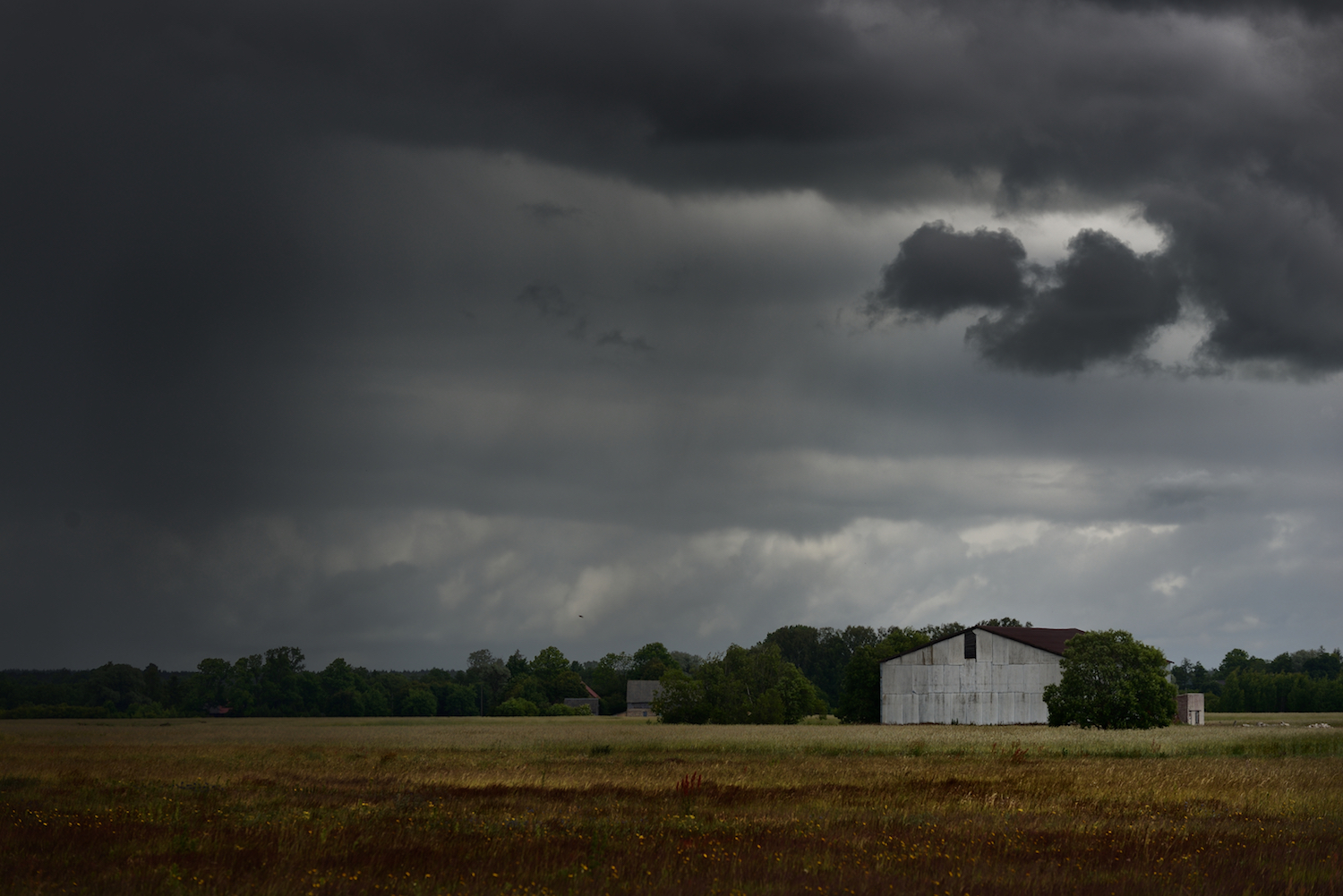Tag: Business Protection
Hold onto Your Hat (and Your Home)! It’s Hurricane Season!
August 14, 2020
The word hurricane comes from the Taino Native American word, hurucane, meaning evil spirit of the wind. An Atlantic hurricane or tropical storm is a tropical cyclone that forms in the Atlantic Ocean. In the Pacific Ocean, hurricanes are generally known as typhoons and in the Indian Ocean they are called tropical cyclones.
The National Oceanic and Atmospheric Administration (NOAA) warns that as many as 25 named storms—twice the average number—will occur in 2020 to present an extremely active season that began on June 1 and ends November 30 with more frequent, longer, and stronger storms in the Northern Atlantic Ocean.
Storms get names once they have sustained wind speeds of at least 74 miles per hour. NOAA anticipates that 2020 could deliver a total of 19 to 25 named storms. That would put this year in league with 2005, which experienced more than two dozen named storms including Hurricanes Katrina and Wilma. Each year, only 21 storm names are designated because the letters Q, U, X, Y, and Z are not used. The first hurricane of the year is given a name beginning with the letter “A.” The list of names selected for 2020 storms starts with “Arthur” and ends with “Wilfred.”
If all the allotted names are used, the National Hurricane Center will use the Greek alphabet for additional names. This has only happened one time on record—in 2005 when the Atlantic Ocean experienced 28 named storms.
“We are now entering the peak months of the Atlantic hurricane season, August through October,” National Weather Service Director Louis Uccellini said in a recent news teleconference. “Given the activity we have seen so far this season, coupled with the ongoing challenges that communities face in light of COVID-19, now is the time to organize your family plan and make necessary preparations.”
FEMA’s (Federal Emergency Management Agency) Ready website provides checklists to help you put a plan together, consider specific needs in your household, download and fill out a family emergency plan, and to practice your plan with your family/household.
In planning for hurricanes and in dealing with outcomes of storm damage, you’ll also need to review your insurance coverage to make sure it matches your needs. Hurricanes provide little advance notice of their arrival, and as landfall approaches, insurance companies may temporarily suspend new coverage and coverage changes.
An insurance representative can review your policy, explain limits and deductibles, and help you identify coverage gaps. “You should ask your representative for tips on hurricane risk mitigation that may lower your insurance premiums and better protect your property,” says Tom Woods, assistant vice president of property underwriting for USAA.
Insurance Information Institute (III) website shares precautionary measures you can take to protect your home as well as your business from destructive storms. Don’t wait until a hurricane watch is issued, because it may already be too late to take certain recommended precautions, including reviewing your insurance policies.
III also offers a hurricane season insurance checklist that can help you understand your coverage and whether it’s adequate to repair or rebuild your home and to replace your belongings. Keep in mind that your homeowners insurance covers the cost of temporary repairs for hurricane damage, as well as reasonable additional living expenses over and above your normal living expenses if you have to relocate.
However, your homeowners policy doesn’t cover flood damage, so you may want to consider looking into flood insurance. If you live by the coast, you may also need a separate policy for protection against wind and wind-blown water damage. Check for wind-damage exclusions, and if wind damage isn’t covered by your standard policy, buy one from your state’s insurance program. In hurricane-prone states, for instance Louisiana, Texas, and Florida, some standard home insurance policies won’t pay for windstorm damage. So, if you want coverage, you need to buy an extra windstorm insurance policy in addition to your normal home insurance policy. In this case all wind damage would fall under this policy instead of your traditional homeowners policy.
After reviewing and revising insurance coverage with your insurance professional for your home, car, and business, store your updated insurance policies at InsureYourKnow.org where they will be readily available if a hurricane comes calling and wreaks havoc on printed versions of policies kept in your home or office.
During hurricane season, visit FEMA’s Ready website for more information and stay tuned to the National Hurricane Center for updates on tropical storm and hurricane activity in the Atlantic Ocean.

